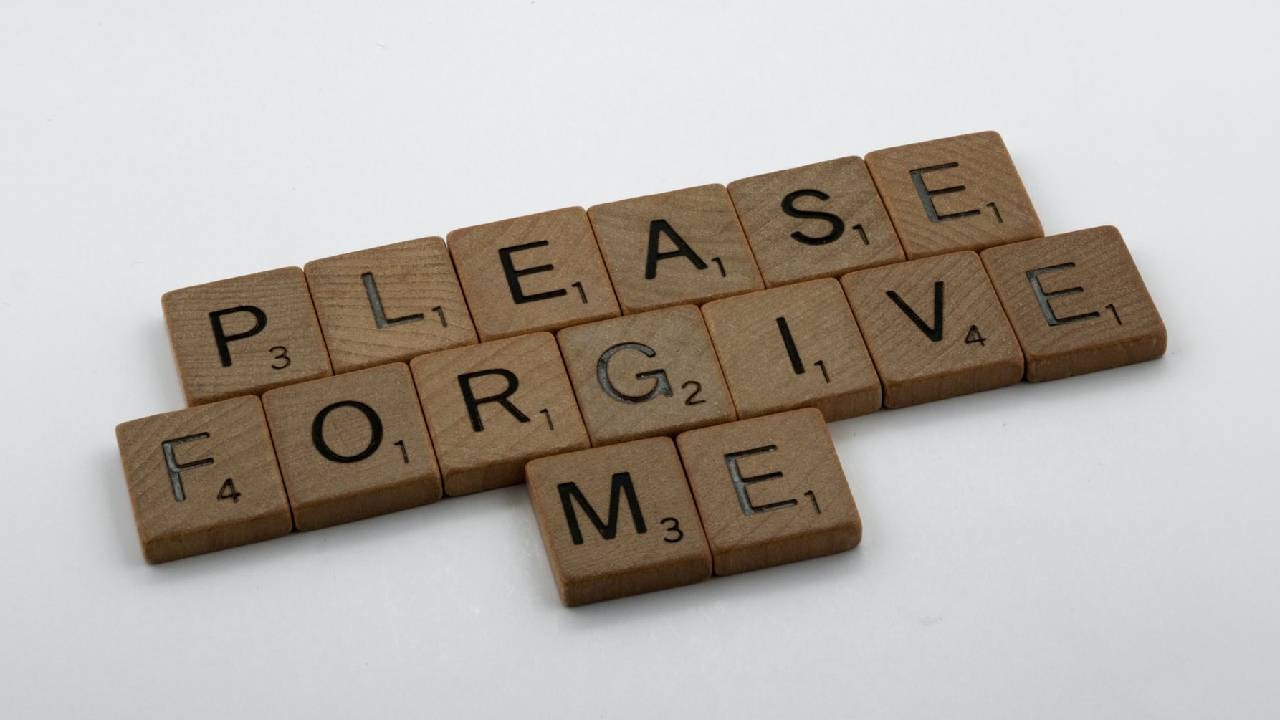Overcoming Guilt - Part 3 of 3
Mar 16, 2022
At some point in our lives, we've all felt guilty. Guilt is that uncomfortable emotion that arises when we think we've done something wrong. For some people, guilt is a constant companion that gets in the way of change. They feel guilty about the past, guilty about how they're living now, and guilty about things they haven’t even done, yet. This guilt can keep them stuck in unhealthy patterns and prevent them from making positive changes in their lives.
Blame, shame, and guilt all get in the way of learning, healing, and being willing to do anything different to make things better. That’s why no blame, no shame, no guilt is my teaching motto for undoing the work of racism and oppression.
This post is part 3 in a series exploring blame, shame, and guilt – what they are and how they can block us from doing the things we know are right. We talked about how blame is more than assigning fault. It also includes judgement about the person who is at fault. Shame is about who we think we are at our core. If others knew the thing we are ashamed of, would they be willing and able to love us anyway? Are we even worthy of love and connection?
Guilt
Guilt is about behavior. It is a feeling of deserving blame (attribution + judgment) for behavior that caused harm.
Guilt isn’t always a bad thing. There’s the healthy kind and the unhealthy kind.
Healthy guilt is rational and proportionate to the offense. It’s what urges you to apologize and make amends.
Unhealthy guilt is irrational, disproportionate, and often misplaced. It’s when you feel guilty over something that you had no control over or something you didn’t do.
Are these guilt situations healthy or unhealthy?
- When you’ve hurt someone or you think you’ve hurt someone (sometimes you haven’t harmed anyone, but you feel guilty because you think you did. The psychology is the same.)
- Not wanting to let other people down
- Survivor’s guilt/existential guilt (comparing your good fortune to others who are less fortunate)
Where does guilt come from?
Guilt can come from several sources. Kids often first feel guilty when their parents are disappointed with them. Certain religions use guilt to teach their doctrine. People often feel guilty when they violate social norms, even if they don’t agree with those norms. (This is how white solidarity works. White people who support racism keep white people who are against racism in check. If you go against the white supremacist norms, you risk being ridiculed, ostracized, or excluded some other way.)
Some everyday behaviors can trigger guilt, like saying no or putting your self-care first.
Dealing with Healthy Guilt
- Acknowledge and apologize – Take responsibility for your actions without excuses.
- Make amends – Ask how you can make the situation right. Have some meaningful suggestions ready, but don’t assume you know what the person wants.
- Change your behavior – If the situation is habitual, address the behavior that causes repeated problems for others and makes you feel guilty. Makes sense to stop doing things that make you feel bad, right? Get help or training if you need it.
- Let go of the emotion and move on – If you’ve done everything you can, let the guilt go to make space for something new. Treat yourself gently like you would a friend if the situation was reversed.
Minimizing Unhealthy Guilt
When guilt becomes unhealthy or a habitual response to our own imperfections or choices, we need to learn how to stop the cycle.
- Think about what’s making you feel guilty and decide if your behavior appropriate or acceptable under the circumstances? If it was, then let it go.
- If your action was unacceptable, how can you make amends? Do it.
- Ask yourself what you have learned from this that will be helpful in the future.
- Be realistic about what you can control about any given situation. Focus on the things you can do something about.
- Challenge perfectionist tendencies. Stop holding yourself to unrealistic goals!
- Stand up for yourself if someone else’s unrealistic expectations are causing you to feel guilty.
- Use affirmations to shift your mindset.
Are you letting guilt get in the way of your growth? If so, what can you do about it? At Inspired by Indigo we practice self-care and ways to let go of blame, shame, and guilt every month.
Ready to DO something right now? Download the Everyday Activism Action Pack and get started today.
We hate SPAM. We will never sell your information for any reason.

